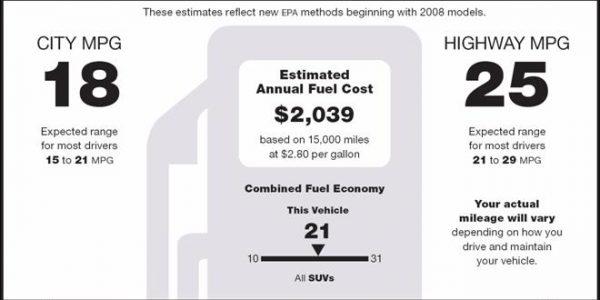Local Realtors share their take on the Home Energy Score

Proposed Mandate Will Shine a Light on Home Energy Use
Submitted by: Abbie + Rick Sams, licensed brokers, Team Sams at Fred Real Estate Group
The City of Bend’s Climate Action Steering Committee has been diligently working on the Community Climate Action Plan, CCAP, which will help guide the City and the community in pursuit of the goals to reduce fossil fuel use by 40 percent by the year 2030 and by 70 percent by the year 2050.
A mandate of the CCAP is to implement a Home Energy Score, HES, program that would require every home that goes on the market to provide a home energy assessment and score which is based on energy use and efficiency. The scoring system was developed in national laboratories by the US Department of Energy, DOE, and is described by the DOE as “an easy-to-produce rating designed to help homeowners and homebuyers gain useful information about a home’s energy performance.” The Home Energy Score uses a simple 1-to-10 scale, where 10 represents the most energy efficient homes.
Some concerns about requiring a mandatory score have arisen and include high assessment costs, unreliable test data, long turn-around times disrupting real estate sales and lack of qualified assessors in our area. These concerns deserve some clarification. In cities such as Portland, Oregon and Austin, Texas where this mandate has already been implemented, they’re finding that home inspectors can easily become certified and many individuals have seen this as an opportunity to create new jobs. In Portland where the number of HES assessors has increased the costs of
the audit has been driven down to on average $150 to $175. Concerning the burden of extra costs for sellers, HES exemptions are available to homeowners who are experiencing financial hardships. The in-home assessment can be completed in an hour and turnaround time for results is short and can often be received the same day. Since the score must be completed prior to the home being listed for sale, there is no disruption to the closing process or timeline. The score provides tangible results based on objective data collection which isn’t dependent on weather conditions or temperatures and any human error mistakes are limited due to quality control checkpoints within the software.
Consumers are already accustomed to seeing nutritional information labels on their food, the yellow Energy Guide on appliances and MPG and emissions identified on new vehicles. These labels allow consumers to understand what is in a product and how the product will perform. The HES scorecard provides a snapshot of the home’s current energy performance and allows a home buyer to understand how efficient the home is while also highlighting recommendations on how to cost-effectively improve a home’s energy score and lower home energy costs. The seller is never required to complete any upgrades to their home but for consumers this energy disclosure will provide transparency and easily understood data, protecting the buyers “Right to Know” and helping them make an even more informed decision with their home purchase and a direct, realistic comparison between homes.